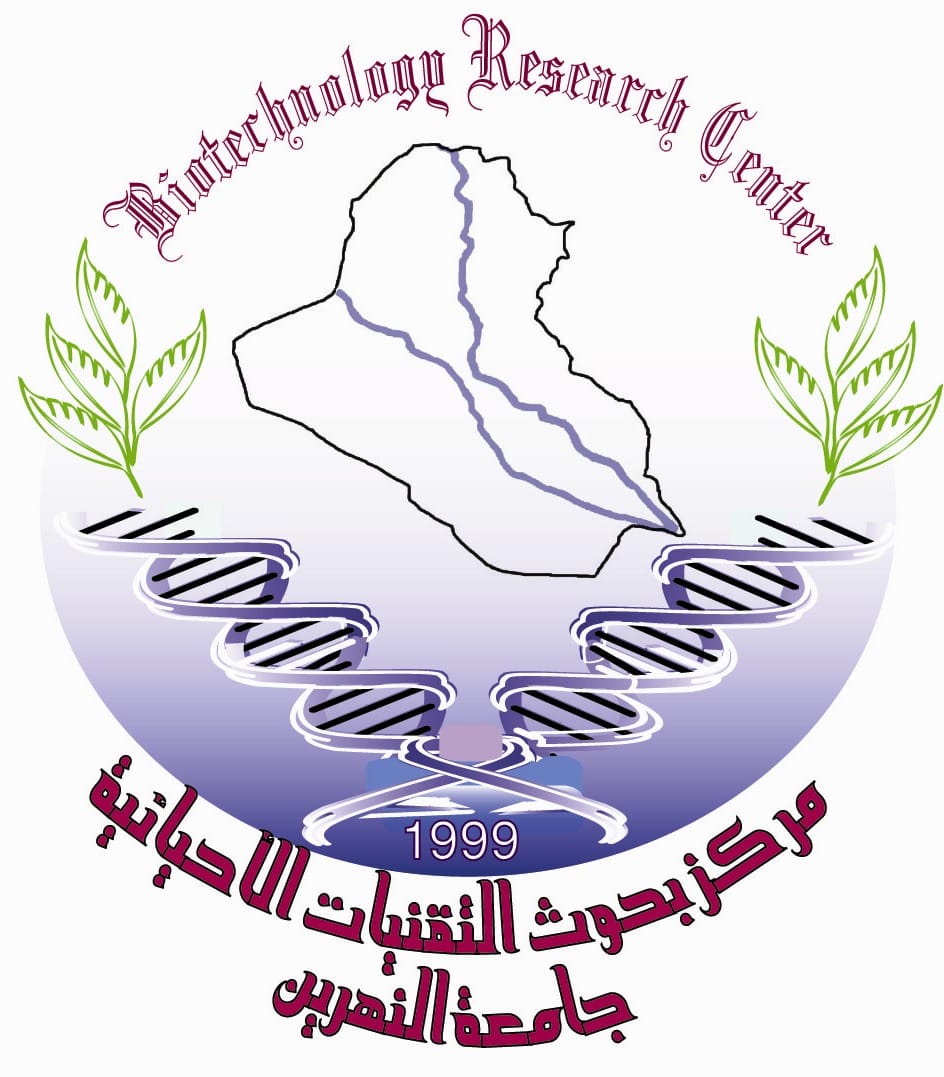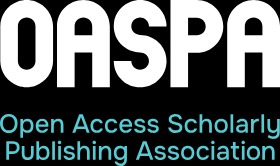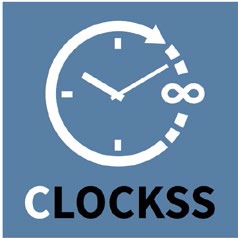Correlation between Microalbuminuria and Glucose/ Leptin ratio in a sample of Iraqi patients with type 2 diabetes mellitus
DOI:
https://doi.org/10.24126/jobrc.2012.6.2.221Abstract
o study the association of serum leptin and glucose/leptin ratio with microalbuminuria in patients with type 2 diabetes mellitus at different durations, and to predict their effect on their renal function. A case control study was conducted in the International Diabetic Center at Al-Mustansiryia University in Baghdad-Iraq from 1st September 2008 to the 30th of July 2010. One hundred and eight male patients with type 2 diabetes mellitus (DM) were introduced in this study. Fifty three healthy subjects were used as a control. Fasting serum glucose, insulin, leptin, urea, creatinine and body mass index were estimated in both patient and control groups. Fifty three 49.07% out of 108 were diabetic for ≤2 years, while 55 patient 50.93% were diabetic >2 years. All patients were obese while healthy control subjects were not. Fasting serum glucose, insulin and leptin levels were found elevated in patients group while in control group their levels were found within normal range. Both urea and creatinine were also within the normal range for patients and control groups. Level of albumin in urine of patients with diabetes mellitus for ≤ 2years was found normal while in those with 3 to 6 or more than 6 years of DM, level of urinary albumin was found within the micro rang. A positive correlation with highly significant p value (<0.01) was found between patients (≤ 2 years and >2 years) serum leptin, glucose/leptin ratio and microalbuminuria. Conclusions: a strong association was found between serum leptin and glucose/leptin ratio with microalbuminuria in type 2 diabetic patients which can be used to predict the efficiency of their renal function at different durations and can be used as additional marker for the diagnosis of early stage of nephropathy.
Downloads
Published
How to Cite
Issue
Section
License
This is an Open Access article distributed under the terms of the creative commons Attribution (CC BY) 4.0 license which permits unrestricted use, distribution, and reproduction in any medium or format, and to alter, transform, or build upon the material, including for commercial use, providing the original author is credited.











